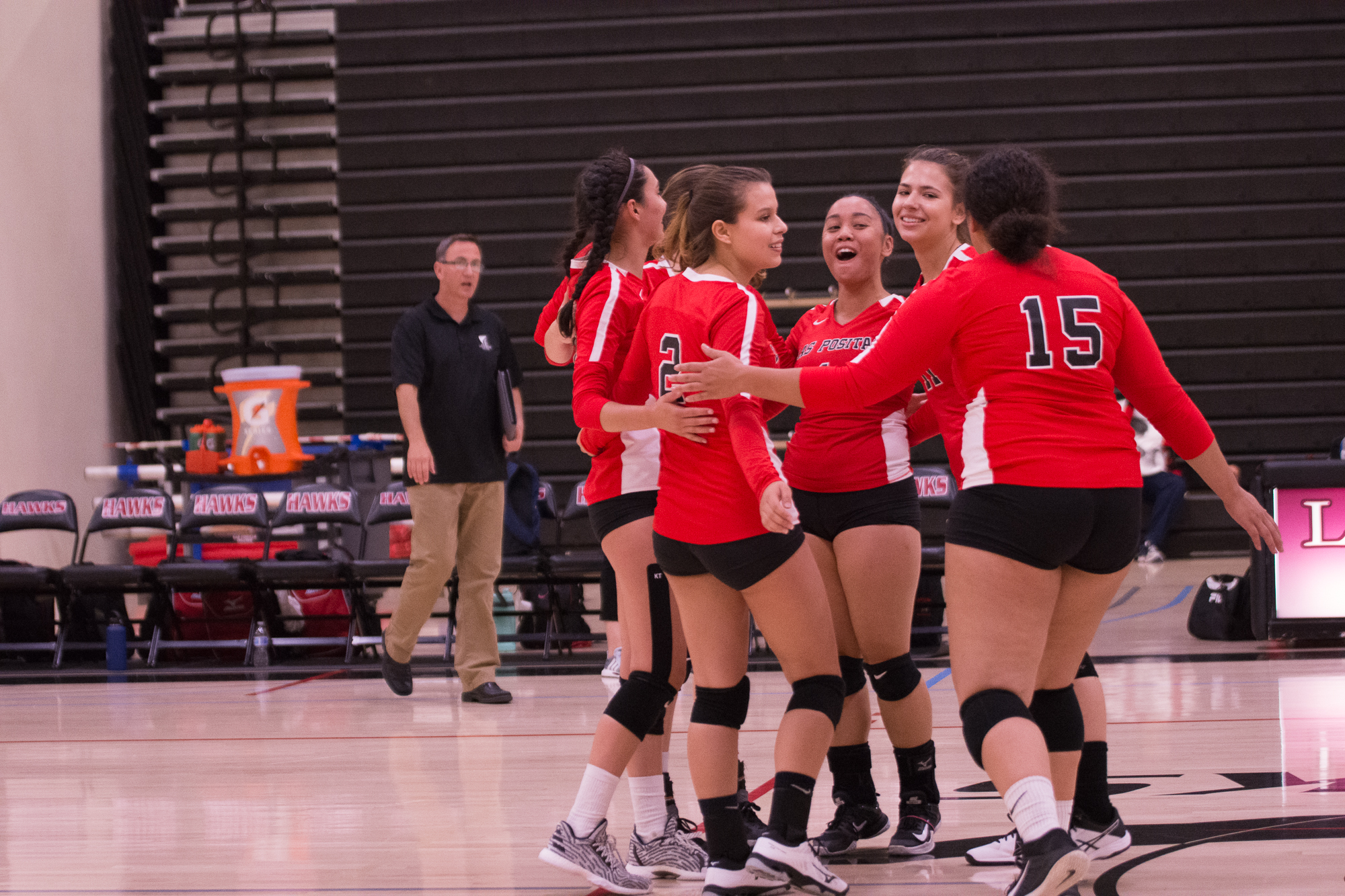Emily Forschen
It’s difficult to say if the Barbara Mertes Center for the Arts feels larger when it’s full or when it’s completely empty. That perception probably changes depending on where you’re standing.
On Feb. 7, Brian Copeland stood on the main stage, performing to a very full house. Las Positas’ Psychology Program, in conjunction with the Black Student Union, invited Copeland to perform his one-man show “Not a Genuine Black Man,” a show largely based on his childhood.
The event was able to be put on for free due to the provisions of the Las Positas College Foundation.
The show is a direct reflection of Copeland’s personal thoughts on the state of representation in America. The goal, he believes, is for stories on American stage and television to reflect what America looks like. He cited seeing “Grey’s Anatomy” for the first time as a groundbreaking moment for him personally.
“They weren’t talking about it,” he said emphatically. He was describing the excitement he felt seeing a diverse group of people where their race never came up as a topic of conversation.
An interesting insight, especially considering the content of the show he performed.
Copeland grew up in San Leandro in the only black family in his neighborhood. In the show, he describes the racism his family endured as well as detailing the trauma of his personal life, touching on his suicidal thoughts, the domestic abuse of his father and losing his mother at a young age.
He said he didn’t initially write it for anybody, but it became for anyone who ever felt like they were the “only one.”
The show begins with an immediate breaking of the fourth wall, where Copeland addresses the audience to discuss the origins of the title. While he was working on the radio, he received a letter from a listener which accused him of not being a “genuine black man” because of his voice.
Seamlessly, using only his variety of voices and creative lighting choices, Copeland transports the audience back to his childhood. He used only the apron of the stage as he glided back and forth, different sides acting as different locations. His only prop was a single black stool.
“It was really cool to see the perspective of a black person in America,” student David Goldner added.
Occasionally, throughout Copeland’s reenactments of the events of his childhood, he would punctuate points by asking, “Is that black?” The poignant reminder loomed over his head and carried into adulthood, representing more than just wondering if he fits into a stereotype. It’s also the questioning of a child whose entire identity has been revolving around the inability to define who he is on multiple levels.
“The show was very impressive,” said Nilofar Siddiq, a student, after the production had concluded.
“I think it’s a really important conversation to have,” said Robin Roy, psychology faculty and a coordinator of the event. “Hopefully having so many students here (will inspire) these kinds of conversations in class, you know. The ones we really need to have.”




